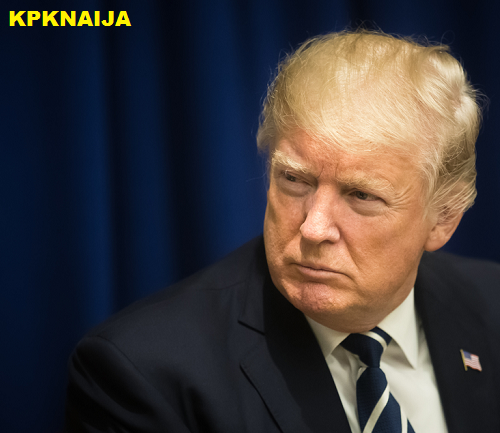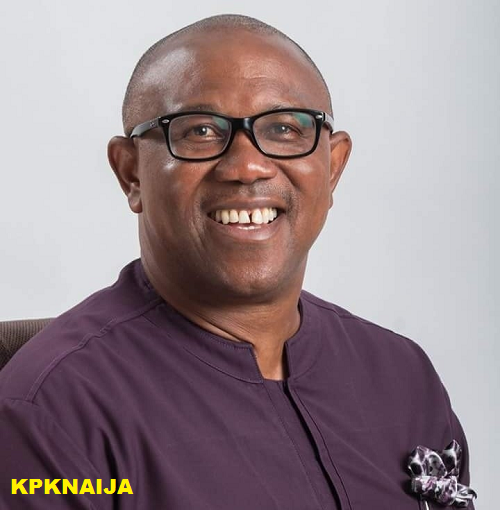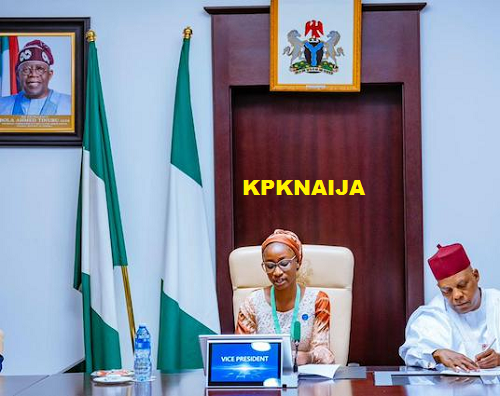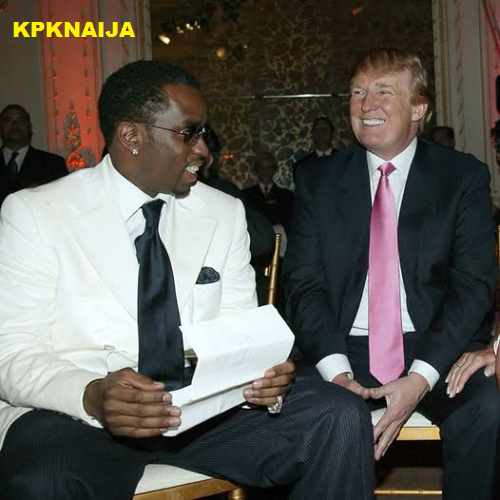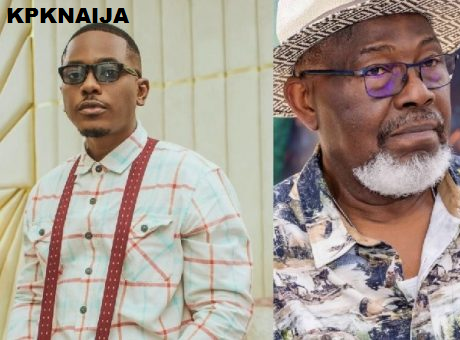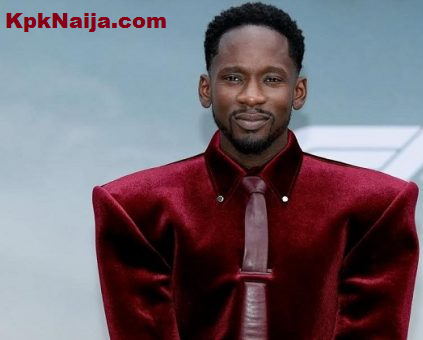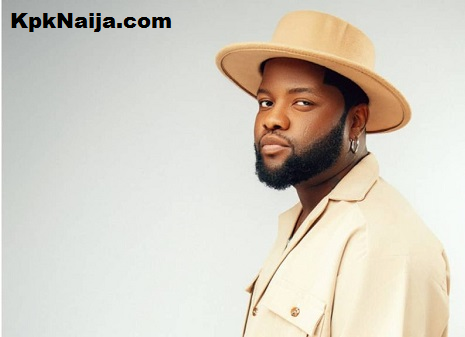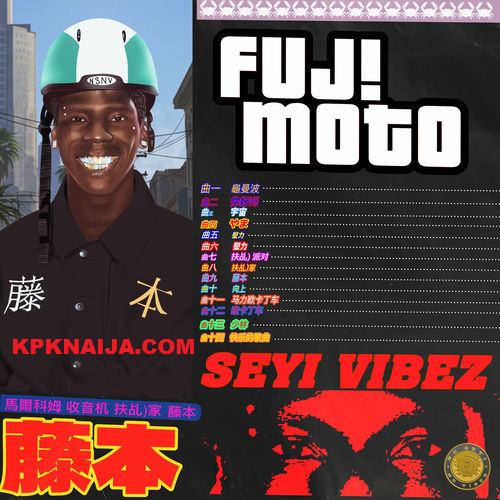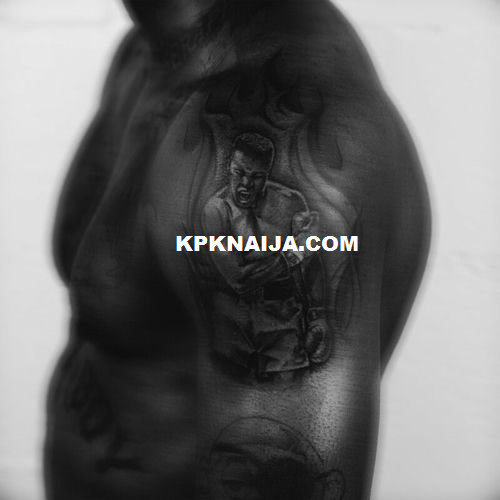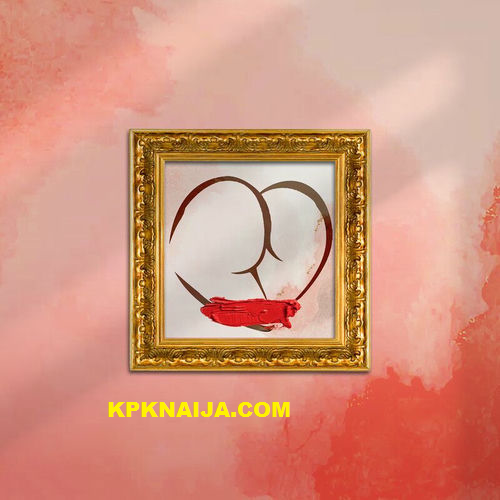Tensions High in Abuja: Reactions Flare After #FreeNnamdiKanu Protest

The call for the release of detained Indigenous People of Biafra (IPOB) leader, Nnamdi Kanu, has once again sparked intense reactions following a recent protest in Abuja.
The demonstration, focused on demanding justice and freedom for Kanu, who has been held in detention since June 2021, has generated a polarized debate across Nigeria, touching on issues of civil rights, security, and the rule of law.
The protest itself saw a mixture of peaceful calls for Kanu's release and moments of confrontation between demonstrators and security forces. Here are the central points and resulting reactions:
1. Clashes and Crowd Dispersal
- The Incident: Reports indicate that the protest, which gathered momentum with marchers taking to the streets, turned chaotic near sensitive areas of the capital, prompting a security response. Police forces reportedly used tear gas to disperse the crowds, leading to tense clashes.
- The Reaction: This use of force has ignited strong reactions. Civil rights activists and some public commentators have criticized the actions as a violation of the right to peaceful assembly and protest. Conversely, security agencies and government proponents argue that the measures were necessary to maintain public order and prevent the breakdown of law, especially given court restrictions on protests near critical infrastructure.
2. The Court's Restrictive Order
- The Ruling: A Federal High Court in Abuja had previously issued an order restricting the #FreeNnamdiKanu demonstrations, barring protesters from marching to high-security areas like the National Assembly, Aso Rock, and police headquarters, citing security concerns.
- The Reaction: The ruling itself has been a point of contention. While security services enforce the restrictions, activists are questioning the balance between protecting public safety and allowing citizens to exercise their constitutional right to protest. Legal experts are also engaged in a debate over whether Kanu's prolonged detention should be resolved through political dialogue or continued litigation, with some pointing to the state's alleged "double standards" in handling similar cases.
3. The Justice and Due Process Debate
- The Argument: Protesters and their advocates insist that the demonstration is a non-violent push for human rights and strict adherence to due process in Kanu's case. They stress that his continued detention, despite various court proceedings, is a failure of justice.
- The Reaction: Those supporting the government's stance have warned that acceding to the demands for his release could be seen as undermining the rule of law. The prolonged legal and political standoff surrounding Kanu remains one of the most polarizing issues in Nigerian
The recent events in Abuja have underscored the persistent deep divisions and the volatility surrounding the detention of Nnamdi Kanu. The continuous cycle of protests, legal battles, and security responses suggests that a comprehensive, definitive resolution remains elusive. The debate now centers on finding a path that simultaneously addresses the demands for human rights and the state's imperative for security and stability.
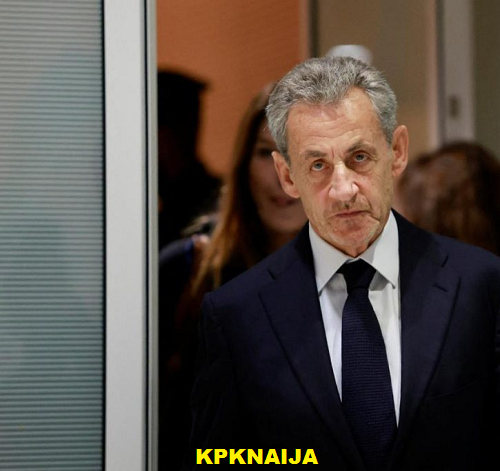 Nicolas Sarkozy Jailed in Gaddafi Campaign Funding Scandal: Historic French Corruption Conviction
Nicolas Sarkozy Jailed in Gaddafi Campaign Funding Scandal: Historic French Corruption Conviction
Whether you're searching for party jams, motivational tracks, romantic ballads, gospel tunes, or hype street anthems, kpknaija delivers non-stop entertainment that reflects the rich soundscape of Nigeria. Download the latest Nigerian songs in high-quality MP3 format on kpknaija. Stay updated with trending Afrobeats, Naija hits, and new music releases daily.
Disclaimer!!! All music files available on this website remain the intellectual property of their respective copyright holders. They are provided solely for the purposes of critical review, academic research, and promotional use. No copyright infringement is intended.
If you are a copyright holder and believe that your work has been used improperly, please contact us at about_us @ kpknaija .com to request its removal.
